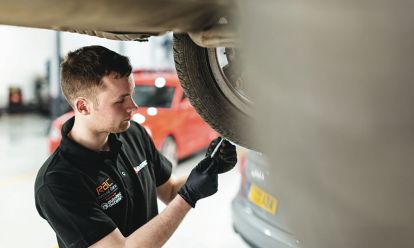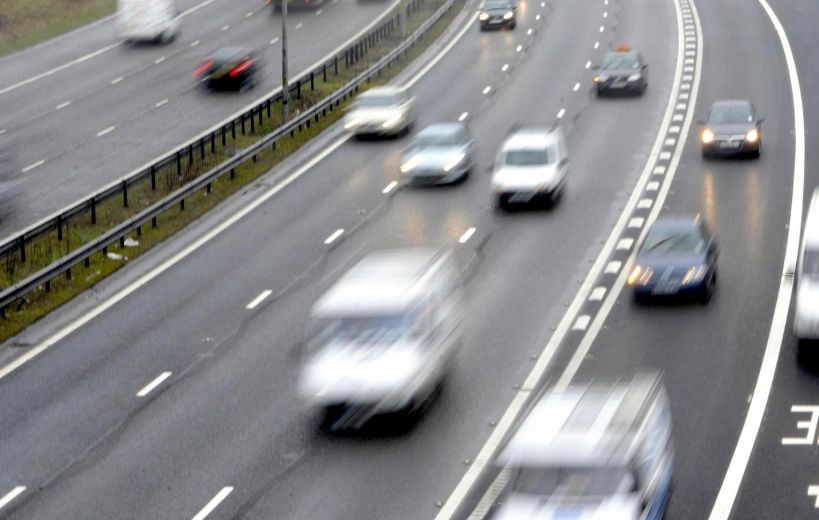Going forward, £30 million will be set aside to help the highways to be built using asphalt made from grass cuttings and ‘carbon capturing’ cement.
This announcement was part of a funding round awarded to seven innovative, net zero projects that will aid in the UK’s transition to a ‘greener future’.
The projects are spread across the UK and will be funded through the Live Labs 2: Decarbonising Local Roads competition.
It will support projects led by local highways authorities focused on tackling the long-term decarbonisation of highways infrastructure, such as streetlights, and transforming local authorities’ approach to decarbonising roads.
Roads Minister Richard Holden commented: “The UK is a world leader in technology and innovation, and we must use that strength to drive decarbonisation and the next generation of high tech jobs that go alongside it.
“We are supporting this vital agenda to help level-up through £30 million funding for ground-breaking projects and boosting regional connections to support growth.
“The government is determined to create good, well paid jobs – via innovation and investment across the UK – as we accelerate the road to net zero.”
As the UK looks to make the switch to more eco-friendly alternatives in many aspects of daily life, the UK road network is a part of this process.
With the Government already announcing that 2030 will signify the end of the sale of petrol and diesel cars, these projects will also look to facilitate further decarbonisation
Below is a summary of the seven projects:
Highways CO2llaboration Centre for materials decarbonisation and Transport for West Midlands
This scheme will be supporting upskilling and developing a team in the region to decarbonise highways via two initiatives, including a ‘Highways CO2llaboration Centre’, and demonstrator sites showcasing and monitoring innovative decarbonised highway materials.
UK Centre of Excellence for Material Decarbonisation in Local Roads and North Lanarkshire Council
Another one of the funded initiatives is aimed at creating a centre that will develop a materials testing programme identifying and deploying the latest tech for road construction. They will be testing and deploying recycled materials from other industries to build roads across the region.
A net carbon-negative model for green infrastructure management and South Gloucestershire Council
This project aims to develop a first-of-its-kind approach to creating a net carbon negative model for building and delivering green infrastructure, for example recycling biomass from green waste.
A382 Carbon Negative Project and Devon County Council
This project aims to change the way of designing, constructing, and maintaining our highways in a way to reduce carbon emissions, and to build a new link road including walking and cycling options.
Ecosystem of Things and Liverpool City Council
The Ecosystem of Things is researching a scalable and transferrable approach to understanding various city level systems and adopt effective decarbonisation initiatives.
Decarbonising street lighting and East Riding of Yorkshire Council
This next scheme is planning to increase the efficiency for low carbon lighting in the region. Its aim is to make sure they can still be clearly seen by drivers and to create a framework for an alternative manual for highway lighting, signing and road marking.
Net Zero Corridors and Wessex Partnership
This final project will use the funding to pioneer net zero roads that are built without creating more carbon emissions overall in Somerset, Cornwall, and Hampshire in nine net zero corridors linking rural and urban areas.
What more can be done to help decarbonise the roads? Should there be a larger focus on promoting EVs and alternative transport? Leave your comments below.
Service, repair or MOT?
You can trust the RAC with our local approved garages and NEW mobile mechanics.












